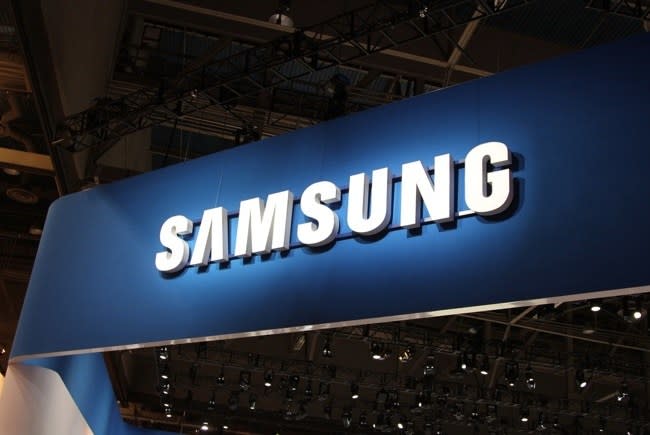Samsung confirms plan to begin inching away from Android
Google’s (GOOG) white-hot Android operating system will be the center of Samsung’s (005930) business for years to come. For the Samsung we know today, Android is a perfect match. It provides a solid foundation and a host of terrific functions, and it gives Samsung the freedom to drop its own software and solutions on top. For the Samsung of the future, though, this might not be the best possible model.
[More from BGR: ‘iPhone 5S’ to reportedly launch by June with multiple color options and two different display sizes]
Samsung may be approaching a point where it wants to take more complete ownership of the mobile experience it offers customers. Today, Galaxy phones offer Samsung’s mobile experience combined with Google’s mobile experience. Tomorrow, the electronics giant might look to eliminate or at least change half of that equation.
[More from BGR: Amazon is gutting Barnes & Noble]
One way to accomplish this would be to adopt a new OS over which it has more control. Tizen, for example, may turn out to be a workable option. Reports that Samsung plans to launch Tizen phones in 2013 from earlier this week have now been confirmed by Bloomberg Businessweek, and Samsung has said that it plans to launch multiple Tizen phones this year.
But these will be regional devices, just like their Bada-powered predecessors were before them. Samsung will likely consider extending Tizen’s reach if these phones find success in Eastern markets, though it remains to be seen whether or not this is a long-term play with global reach.
But the bottom line is that Samsung is inching away from Android. If not Android as a platform, then Android in its current state at the very least.
As 2013 progresses, watch for signs that Samsung may be following in Amazon’s (AMZN) footsteps. A skin and some sharing features aren’t going to cut it if Samsung really wants to own the user experience from beginning to end. It will need a much more highly customized version of Android with its own content services, its own app store and more.
Or, Samsung can stay on its current path, relying on a company that is planning to launch its own full-scale attack on the Android market to supply it with software and services.
This article was originally published by BGR


